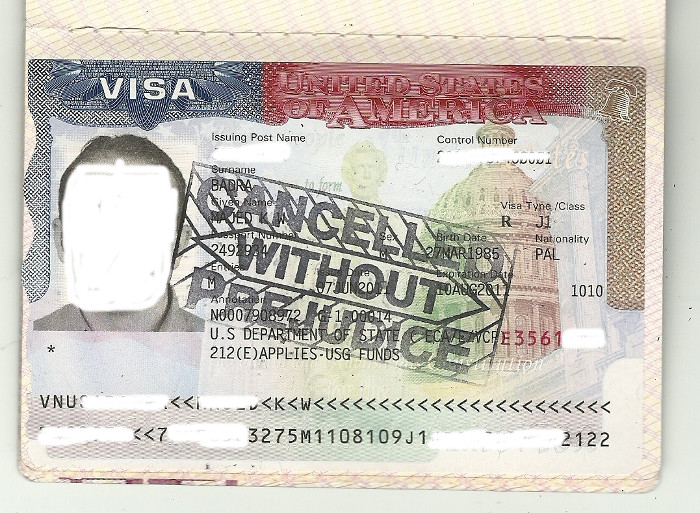International
Real reason we introduced shorter visa validity for Nigerians – U.S.

The United States Mission in Nigeria has dismissed claims that its recent decision to shorten the validity period of U.S. visas for Nigerian applicants was a retaliatory move against the Nigerian government.
Earlier this week, the embassy revealed a policy shift that reduced the duration of non-immigrant visas for Nigerians from five years to three months. While the announcement initially pointed to reciprocity as the rationale, a follow-up statement yesterday indicated the change was actually tied to broader security measures.
In its clarification, the U.S. Mission said the decision was part of a “global review” aimed at strengthening the integrity of its immigration system.
According to the embassy:“The U.S. Mission Nigeria wishes to address misconceptions about the recent reduction in visa validity for most nonimmigrant U.S. visas in Nigeria and other countries.
“This reduction is not the result of any nation’s stance on third-country deportees, introduction of e-visa policies, or affiliations with groups like BRICS.
“The reduction in validity is part of an ongoing global review of the use of U.S. visas by other countries using technical and security benchmarks to safeguard U.S. immigration systems.
“We value our longstanding partnership with Nigeria and remain committed to working closely with the Nigerian public and government officials to help them meet those criteria and benchmarks, thereby ensuring safe, lawful, and mutually beneficial travel between our nations.”
The clarification follows remarks from Nigeria’s Foreign Affairs Minister, Yusuf Tuggar, who criticized U.S. efforts to repatriate third-country nationals—particularly Venezuelans—to African nations.
Tuggar revealed that Washington had been pressuring African countries to accept deportees, including some released directly from U.S. prisons.
“It will be difficult for a country like Nigeria to accept Venezuelans prisoners into Nigeria. We have enough problems of our own, we cannot accept Venezuelan deportees to Nigeria, for crying out loud,” he said.
He emphasized that Nigeria, with a population exceeding 230 million, could not accommodate deportees from Venezuela.
“It will be unfair for Nigeria to accept 300 Venezuelan deportees,” he added.
Instead, Tuggar expressed Nigeria’s interest in deepening economic cooperation with the United States, noting the country’s significant reserves of gas, critical minerals, and rare earth elements vital to American industries.
A recent Wall Street Journal report cited internal communications suggesting that the U.S. under the Trump administration had urged several African nations—including Liberia, Senegal, Mauritania, Gabon, and Guinea-Bissau—to accept migrants deported from the U.S., particularly those whose home countries have been slow or unwilling to receive them.
The report described the move as part of an “aggressive” intersection of U.S. deportation policy and international diplomacy.






















